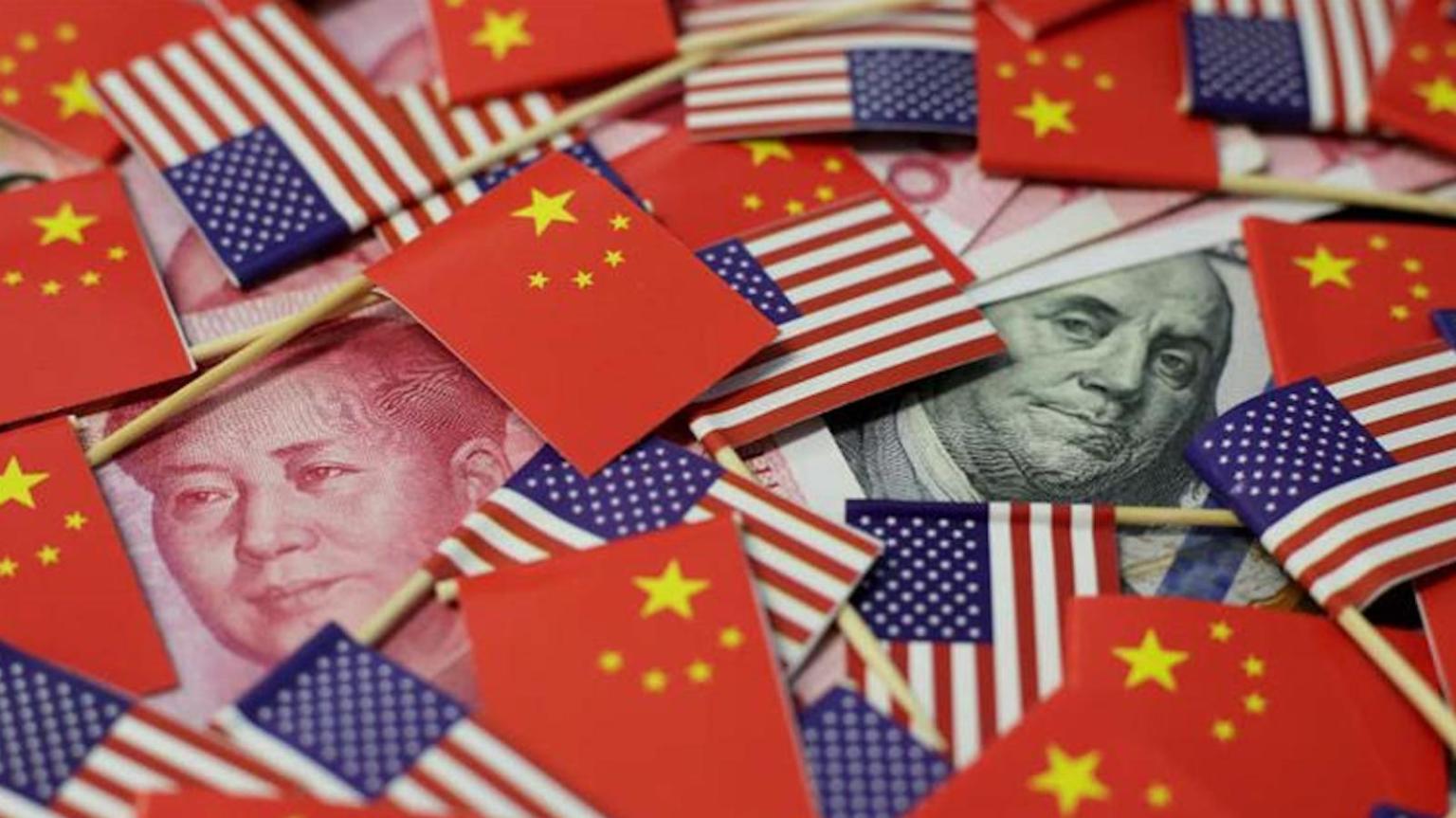(ATF) Asian stocks tanked on Monday as Asia ex-Japan and China returned from a long May Day holiday weekend. Hong Kong got hit the worst, with the Hang Seng Index closing down 4.2%, its lowest in a month.
Is this the famed “sell in May” phenomenon? While it’s true that stocks have declined in May in eight out of the past 10 years, this – of course – is not an average year and factors other than cyclical ones obviously dominate.
US and global markets rallied by more than 10% in April after the March collapse. Investors are now closely watching when and how fast economic activity regains traction as several major economies are carefully reducing lockdown conditions.
Bad economic data and lack of offsetting positive earnings news drove down US stocks on Friday. Asian stocks Monday arguably just followed the US lead. But if European stocks and US index futures are to serve as a guide, the Wall Street Monday will bring no relief.
Risk-off usually translates to dollar up. Today is no exception. The DXY stood at 99.4350 at the 6pm HK time, up 0.36%.
China is on holiday until Wednesday. There was no CNY trading onshore on May 1 and today. The CNY mid-rate on April 30 was 7.05.
But while the onshore CNY is taking a holiday, there was violent action for the offshore deliverable CNY (CNH) on Friday, which carried over to Monday.
The reason: US President Trump said on May 1 that he was considering banning a scheduled $50 billion transfer from the US federal government’s Thrift Savings Plan (401(k)) to mirror the MSCI All Country World Index (ACWI), which captures EM equities including China.
The bark was worse than the bite: the ACWI only has about 4% in China stocks. But the currency market reacted violently fearing that the threatened measure was merely the beginning of investment bans and tariffs. CNH dropped dramatically to 7.15 from 7.07, a level not seen since March 19.
CNH still was sharply down Monday from the past several weeks’ CNY levels and stood at 7.1265 at 6pm HK time.
Clearly, if the US were to put severe limits on portfolio investment in China, accompanied by strong currency volatility, not just equity, but even more so foreign investors in China onshore fixed income instruments would be deterred.
























